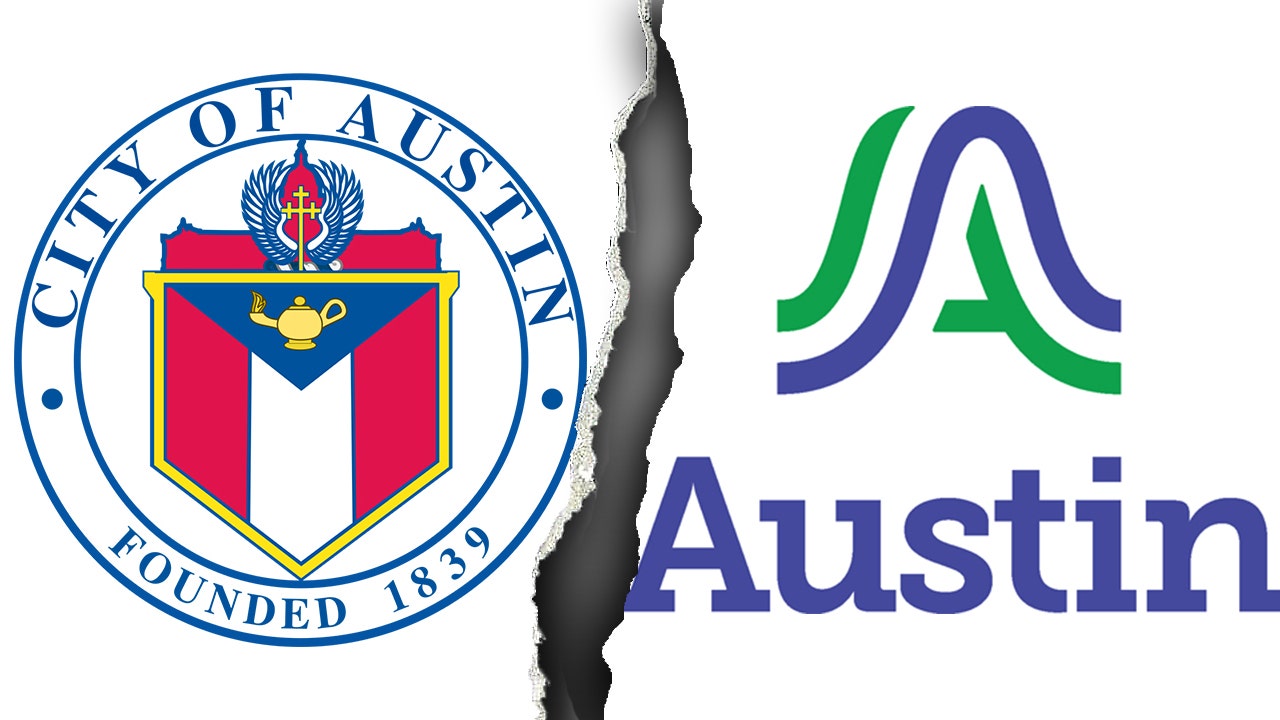Ohio lawmakers are weighing a new energy program that would let utilities temporarily adjust household thermostats and water heaters — but only for customers who sign up.
House Bill 427, introduced this week in the General Assembly, would create an opt-in “demand response” program aimed at cutting strain on the state’s power grid during peak usage, such as summer heat waves or winter freezes.
Rep. Roy Klopfenstein (R-Haviland), the bill’s sponsor, said the plan extends a proven tool already used by the industry.
“Demand response programs have proven to be a vital tool for our large commercial users, and it’s important that similar programs are made available to residential and small commercial users,” he said in a statement.
Under the bill, households that enroll would give their utility permission to nudge thermostats up or down or briefly cycle water heaters off when electricity use is surging.
Customers would retain the right to override changes at any time.
To encourage participation, utilities could offer annual stipends or per-event cash credits. For many customers, that could mean money in their pockets simply for allowing utilities to make temporary, reversible adjustments.
The Public Utilities Commission of Ohio would be charged with overseeing the programs to ensure they remain cost-effective and transparent.
HB 427 has not yet been assigned to a committee, but it represents one of the most ambitious attempts in Ohio to push demand-response technology directly into people’s homes.
Supporters stress the program is strictly voluntary. No one would be forced to join, and customers who do enroll could hit a button on their smart thermostat to reverse any adjustment.
Participation would be based on opt-in consent, not automatic enrollment.
Ohio is far from the first to explore such programs. Across the country, utilities in hot or energy-hungry states have rolled out similar initiatives, generally with positive feedback.
In Arizona, power companies pay households to enroll in thermostat-control programs during heat waves. Customers still keep override authority, but the collective tweaks have helped utilities avoid rolling blackouts during 115-degree summers.
Connecticut lawmakers have advanced proposals allowing utilities to temporarily manage thermostats, water heaters and even electric vehicle charging during emergencies.
Like Ohio’s plan, those efforts rely on voluntary opt-in and compensation.
Massachusetts, through its Mass Save program, encourages smart-thermostat adoption and ties rebates to demand-response participation. During peak winter nights, thermostats are adjusted slightly to reduce pressure on the grid.
Backers say the approach is a win-win: customers who want lower bills get paid, and utilities avoid costly outages. But critics warn about opening the door to expanded control over private homes.
Privacy advocates have long raised concerns about giving corporations real-time access to household devices. They argue today’s voluntary programs could set the stage for mandatory controls in the future.
The debate comes as Ohio’s power grid faces mounting strain. Summer heat waves have pushed demand to record highs, while winter storms have tested the state’s ability to keep lights and heat on.
The Public Utilities Commission of Ohio has repeatedly warned that without new tools, utilities may be forced to rely on rolling blackouts during future crises.
The Post has sought comment from the Public Utilities Commission of Ohio.
Read the full article here














